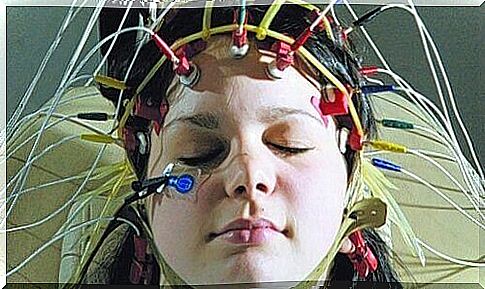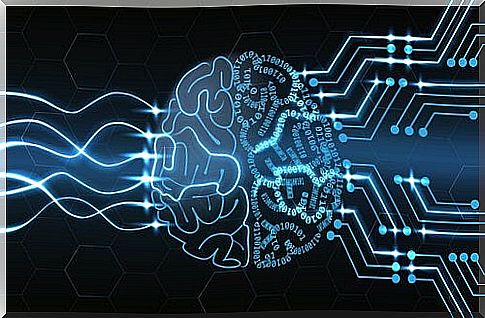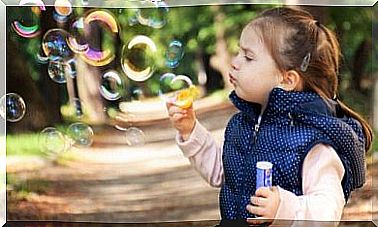Myths And Truths About Learning While Sleeping

Learning while sleeping, or hypnopedics, has been strongly encouraged. Many advertisements assure that it is enough to let “rest” the lesson while one sleeps and that upon awakening, this will have enabled us to acquire a series of knowledge. Is this true? What does science say about this?
The appeal of this method lies in the little effort it requires to achieve the desired results. You learn, supposedly, without making any effort. And, in theory, you learn well: you end up knowing something new without even realizing it and, on top of that, without hitches or mistakes. This is considered a panacea for those who do not like to study very much. You fall asleep ignorant, and you wake up a connoisseur.
As an advertising subject, this is undoubtedly a very attractive technique. However, in practice things can be quite different. Although the advertisements extolling the merits of this method were based on a scientific basis, they still ended up overestimating its effects. Let’s see what it is.
Learning while sleeping
First of all, it should be noted that learning is a process through which a transformation of a person’s point of view or behavior occurs, based on acquired experiences. Such experiences can be physical or mental in nature. Ultimately and in all cases, after learning something, the person is not the same as before.

A suggestive experience
In order to determine whether learning during sleep is possible, an experiment was conducted at the W eizmann Institute in 2014, which was subsequently published in Nature Neuroscience . The experiment focused on conditioning learning. Sleeping volunteers were made to listen to bells at different tones, and at the same time a scent was repeatedly diffused in the room where they slept, until this olfactory stimulus was finally suppressed.

The next day, some of the group were consciously subjected to the sound stimulus. As a result, almost all of them felt like they smelled the odor associated with it during the experience even though it was not actually present. In short, they had “learned” to associate two stimuli while they were sleeping.
This leads us to the conclusion that it is possible to generate a certain type of learning during sleep, but with very specific limits. The experience generated completely mechanical learning, without rationalization. None of the participants in the experiment recalled what had happened the night before. Likewise, as the experience progressed, they stopped associating sound and smell. Therefore, it was a question of basic and ephemeral learning.
Partial conclusions
Scientists at the Weizmann Institute were surprised to find that learning during sleep, while limited, was possible during phases other than REM sleep. Apparently, the brain would be more receptive to external stimuli during this phase, and yet experience has proven otherwise.
It is true that there is still a lot that we do not know about the dream. What is certain and what we do know, however, is that it is a fundamental process for human beings. When we sleep, our brain does a sort of cleansing by removing unnecessary data and consolidating important data. In addition, when you do not sleep well, negative health consequences can occur.
So far, there is no evidence of actual learning during sleep, at least on topics that would require reasoning. We are also uncertain about the duration and extent of any further learning that would occur during sleep. Therefore, at least for now, we need to continue to learn in the traditional way!










